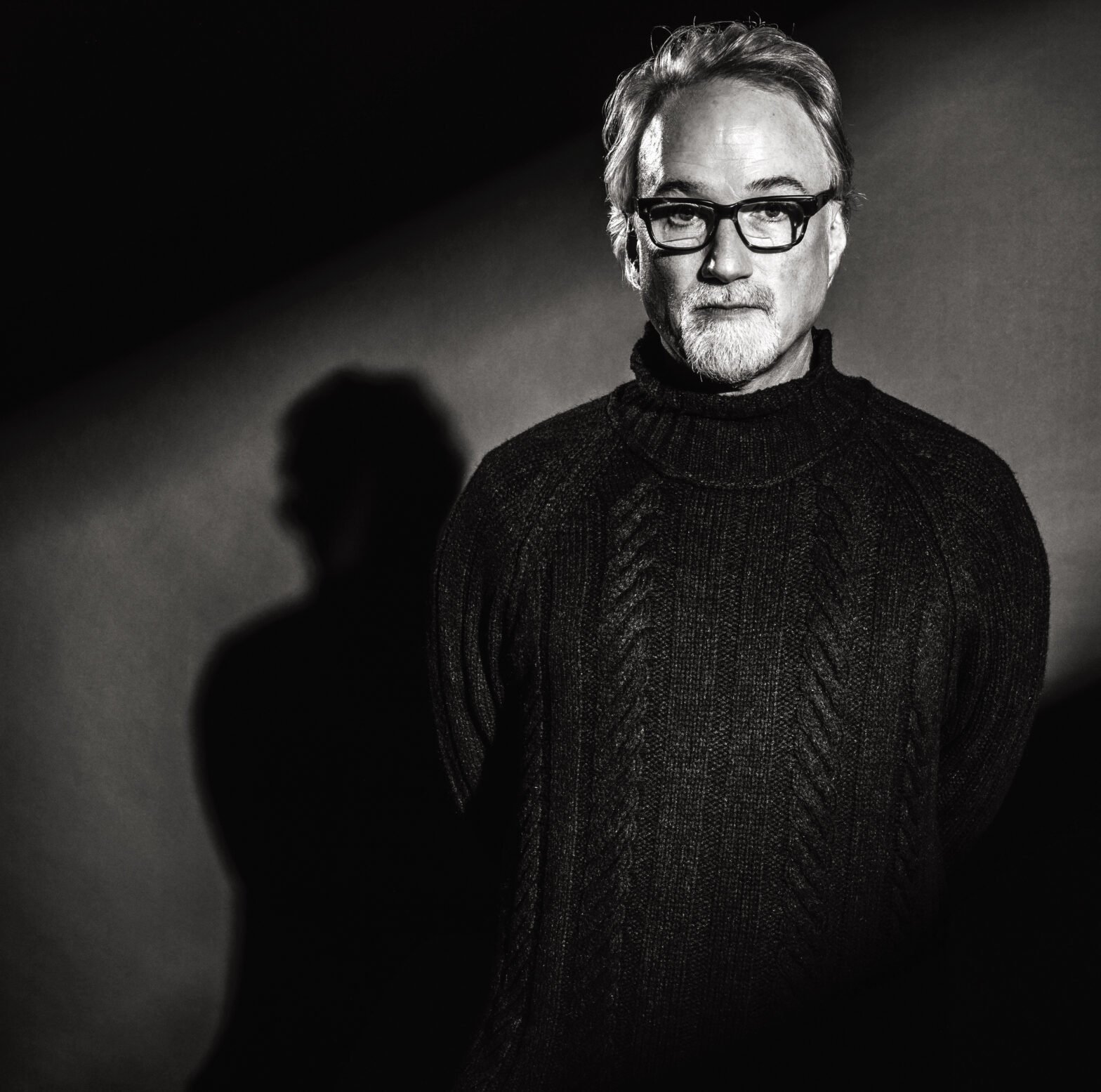Nolan. Tarantino. Scorsese. Spielberg. These names are synonymous with the term: master of cinema and are often mentioned when one discusses the great directors of our time.
All have brought us groundbreaking stories, timeless classics and masterpieces that have stood the test of time. However, there is one name that is left out. David Fincher.
Whilst he is highly acclaimed and has been Oscar-nominated three times; the masterpieces he has made are all well-known and frequently cited as some of the greatest films of all time. It’s as if people are aware of his movies but not of the auteur himself. In 2025 I believe the American filmmaker is still not given the credit he deserves, quite simply his name is not said enough.
When his first feature Alien 3 was released in 1992, Fincher immediately disowned the finished product and expressed his disdain for the studio system and their constant interference. Often changing the script last minute, sometimes on the day of shooting. Following his traumatic experience of making the third entry in the alien franchise, the perfectionist filmmaker famously said, “I would rather get colon cancer than do another movie again”. Fincher did not shyaway from giving his honest opinion on the chaotic production and described it as: “getting sodomised ritualistically for two years”. This innate, dark sense of humour that Fincher naturally possesses has fuelled most of his work, particularly his earlier feature films; the defiant attitude that he gained from having a significant lack of creative control and being marginalised as young, first-time filmmaker pushed him to make se7en (1995). controversy was not intended when making the grim, rain-soaked, detective thriller but it helpedFincher realise he had more to say and would help cement himself as a director to be taken seriously and establish a tone for his precise and daring filmography.
“I think people are perverts”
David Fincher once quoted as saying during the making of the girl with the dragon tattoo (2011). If you look at his filmography, particularly his early work, one cannot deny this sentiment. We are going to delve into his more underrated works, films that precede and follow Fincher’s familiar masterpieces.
The game (1997) was often overlooked when it was first released, perhaps because it came two years after the critically acclaimed se7en and before the righteous, machismo study of the lost male in his 30’s satire: fight club. But the game has since undergone a critical revaluation after almost 30 years since its release. Featuring a committed cast comprising of a commanding Michael Douglas performance and a consistently brilliant Sean Penn; the game is peak Fincher 90’s film noir. The film glides along a perfect pace, the thriller aspect is concurrent throughout and leads to a satisfying conclusion, holding up ashaving one of the most effective and efficient twist endings in a long time.
Collaborators have frequently described David Fincher as not only being a perfectionist but being multi-talented in almost every area of film production. When making zodiac (2007), while setting up to shoot a murder scene near the San Francisco Bay area, Fincher underwent immense research in making the film and studying the elusive killer, and after a few pieces of information given to him, he immediately deduced where the killer came from, which direction it happened in and where the victims were located. “You should be able to do everyone else’s job better than them as a director” he once said. It is thisintelligence and ingenuity that consistently attracts the biggest actors in the world to work with him.
Nicole Kidman was originally slated to star in panic room (2002), but left due to an injury, hence Jodie foster was recast. I could discuss in great length about the film’s themes ranging from our distrust in home-security systems, how vulnerable we can feel in our own home and subverting female stereotypes, but I’m just here to say how bloody good this film is. Thrilling from start to finish, utilizing tremendous restraint in tension and holding our attention all the way towards its climactic end. The camera weaves in between doors and hallways, elevating up and down through the floors of this tight locked townhouse. A home invasion is anyone’s worst nightmare but Jodie foster and her only child played by a young Kristen Stewart, are incredibly resourceful and valiant in the face of three masked men hoping to find their fortune in the very room they are locked in.
The film however, received a lukewarm response, praising the performances, atmosphere, cinematography and sense of dread throughout. It has since been largely forgotten in the scope of finchers other celebrated works, but panic room is a jewel of movie just waiting to be rediscovered again.
Thus, we have arrived at one of my all-time favourite explorations of love, death, time and the fragility of existence. Fincher received his first best directorOscar nomination for the curious case of Benjamin button (2008), surprisingly this also marked brad Pitt’s first best actor Oscar nomination. The film exhibitsa delicate and beautiful look at the human condition, and a more sensitive tone not explored yet in the filmmakers work thus far. A sprawling epic, one that is heartbreaking and life affirming in equal measure.
Fincher only accepts the exceptional, not only from himself but from others he works with, his attention to detail and versatility in not only film, but television and animation has separated him from other directors. His other previous works include the social network, Mindhunter, the killer and love, death and robots.
The adventures of cliff booth will likely be released next year and will mark Fincher and Pitts fourth collaboration. Penned by none other than Quentin Tarantino, the thought of such artists collaborating will undoubtedly result in another classic piece in pop-culture. Perhaps after the film’s release David Fincher will finally be among the mount Rushmore of the all-time greats ofcinema.





















